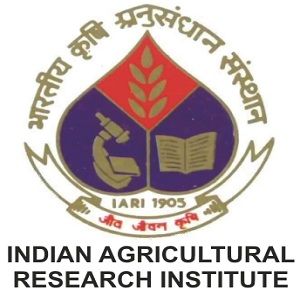IARI Developing Water Treatment Plant That Uses Agriculture Waste
Published on by Water Network Research, Official research team of The Water Network in Government
The Indian Agricultural Research Institute along with four universities from India and Canada, are working to develop a cost-effective water treatment plant that uses agriculture waste to remove heavy metals and other pollutants.

The system will include floodplain filtration technique, which includes using plants and microbes, apart from rice husk, for purifying water, which though will not be potable but can be used for other purposes like irrigation.
"The innovative floodplain system will be optimised at a pilot level at Buddha Nallah in Ludhiana, where we have already selected highly-polluted sites," Neeta Raj Sharma, chief of bioengineering & biosciences department at Lovely Professional University.
A India-Canada research centre has awarded Rs. 4.5 crore for the 'green technology' project that is being developed as an alternative to normal sewage treatment plants.
The India-Canada Centre for Innovation Multidisciplinary Partnerships to Accelerate Community Transformation and Sustainability (IC-IMPACTS) was established for collaboration between the two countries in scientific research.
The Union Ministry of Science and Technology had tied up with IC-IMPACTS, to promote multidisciplinary research partnerships addressing the issue of clean water technologies at a cost of Rs. 572 lakh with matched funding from Canada.
Apart from the IARI, Lovely Professional University in Punjab, Amrita University in Tamil Nadu along with McGill University and Guelph University from Canada will be involved in the water treatment plant project.
Read more: NDTV
Media
Taxonomy
- Wastewater Use
- Water Reuse & Recycling
- Wastewater Collection
- Water Recycling
- Water Utility
- Water Management
- Utility Management
- India